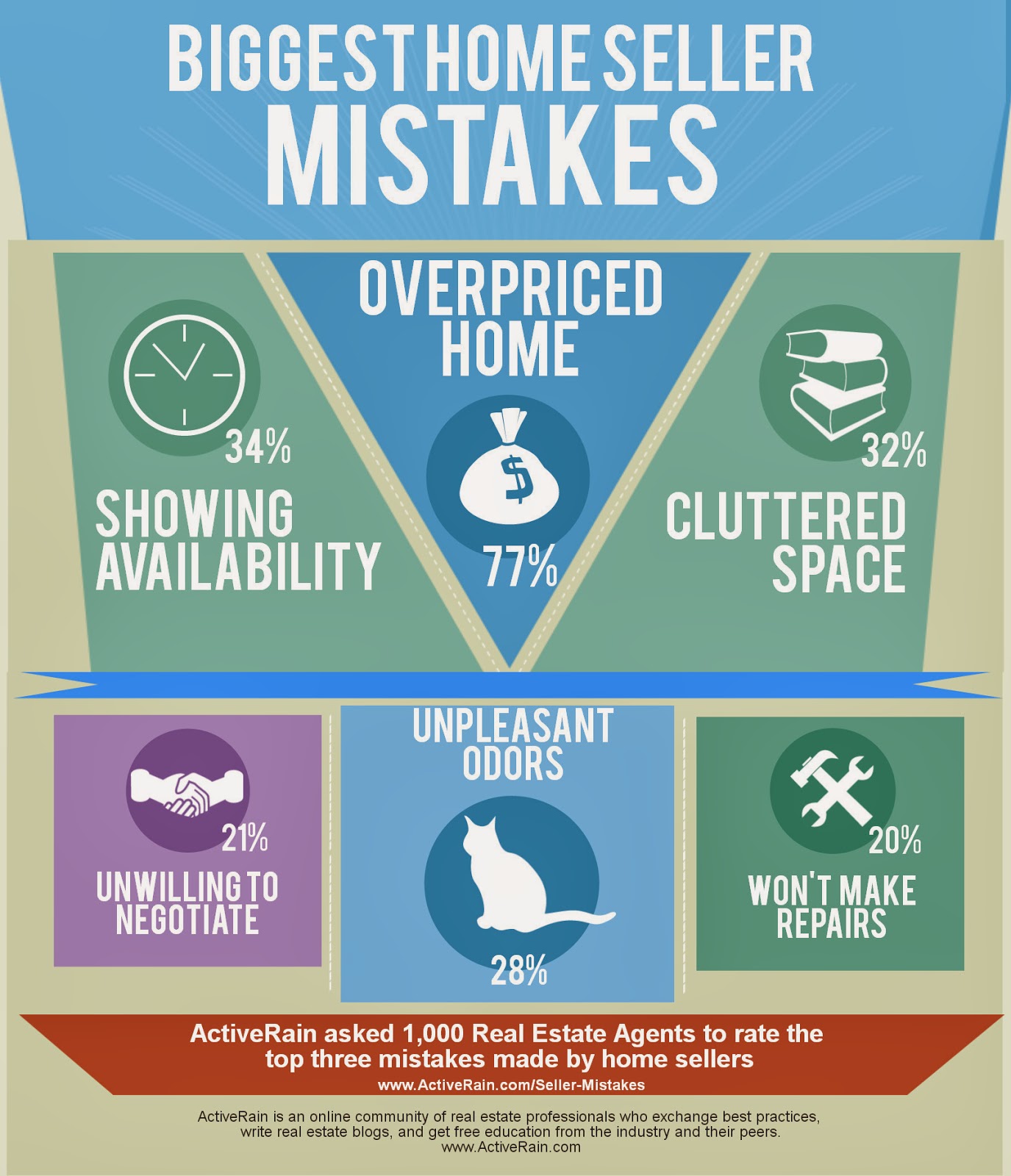Freddie Mac - New Eligibility Guidelines as of 2/1/14:
|
If borrowers are current or less than 31 days delinquent, they also must:
Have a monthly debt-to-income ratio greater than 55 percent (service members with Permanent Change of Station orders are exempt from this requirement).
|
| Fannie Mae - New Eligibility Guidelines as of 2/1/14: |
The borrower has listed the mortgaged premises for sale with a licensed real estate broker, who, in turn, must have listed the mortgaged premises on the Multiple Listing Service (MLS) covering the market in which the mortgaged premises is located for at least five consecutive days. The listing period must include at least one weekend (i.e.,Saturday and Sunday). The listing must be in an "active" status for at least the five days immediately preceding the day on which the purchase offer is accepted by the borrower and submitted to the Servicer for approval.
Both Freddie Mac and Fannie Mae have implemented new guidelines to allow for faster response times. Both also have tightened eligibility guidelines. There are many new directives that Servicers are now required to follow. If you would like more information on short sales involving Freddie Mac or Fannie Mae, please contact Barry Miller's Law Office Short Sale Department at 407-398-6900.
Barry Miller's Law Office offers a free consultation to determine if a seller qualifies for a short sale and to explore all options.
Remember on primary residences, the Taxpayer Relief Act was not renewed and Sellers may be responsible for the forgiven debt.
|

